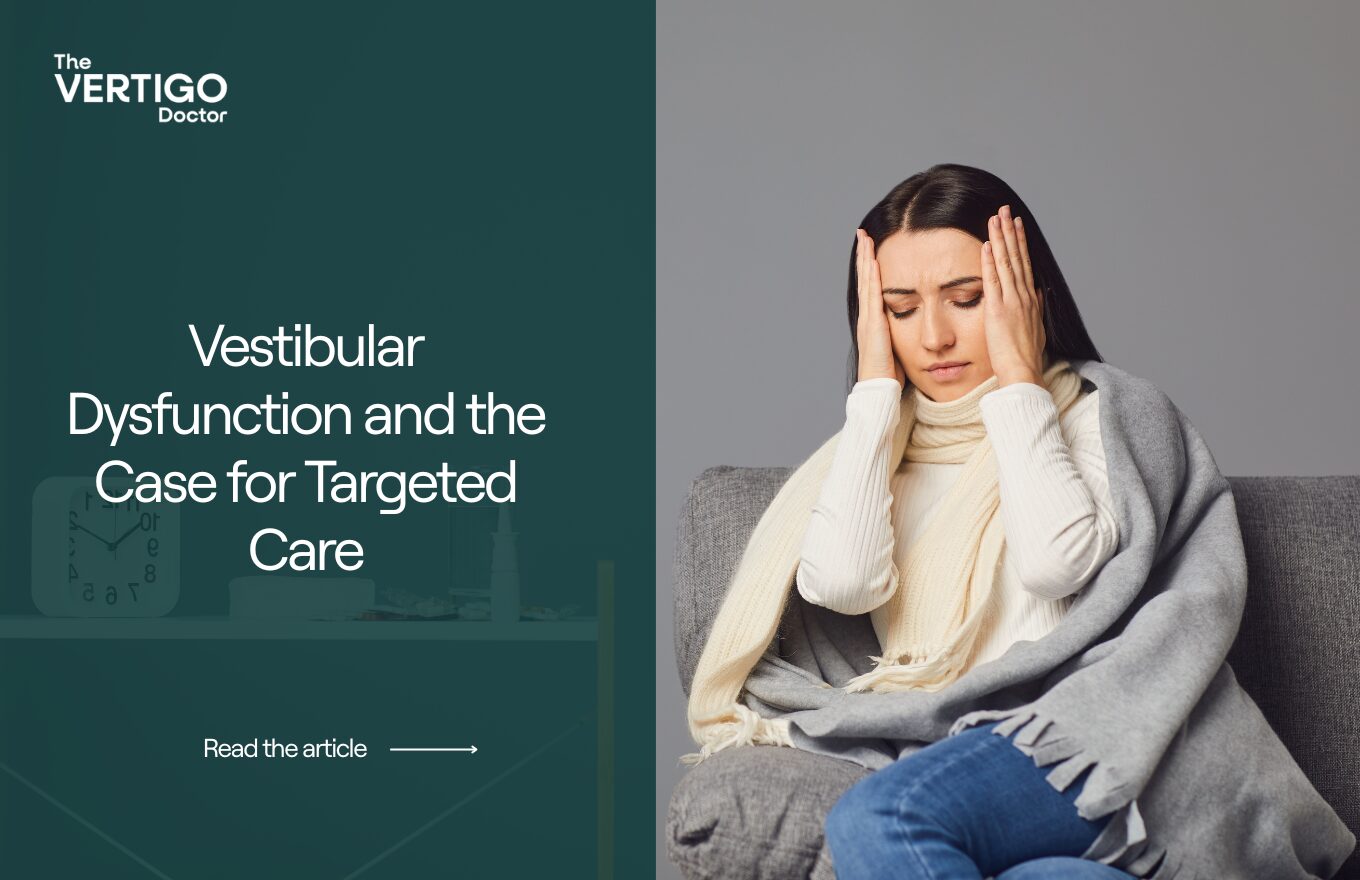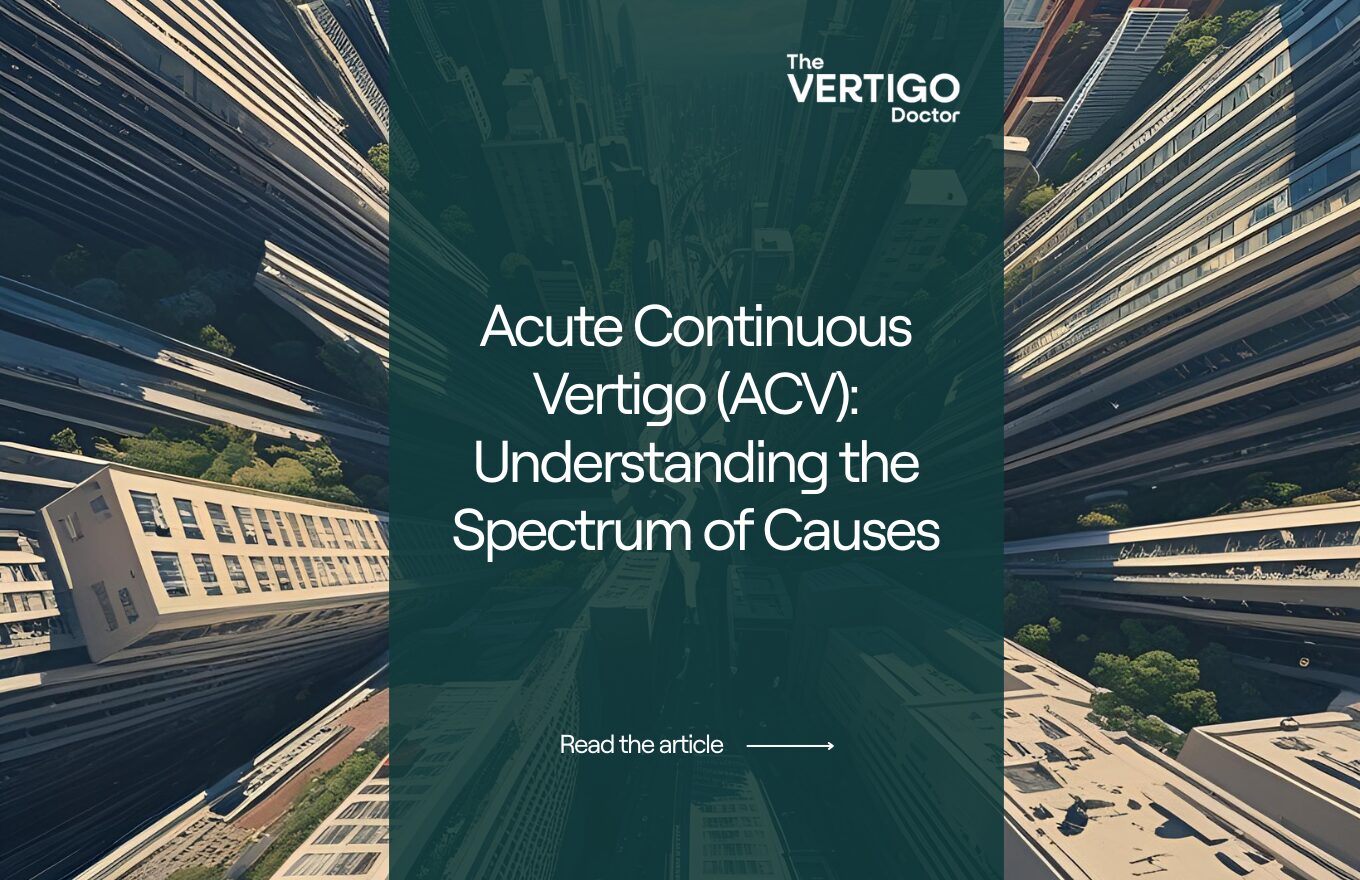7 Ways to find support for vestibular conditions
Having support for vestibular conditions in various aspects of life are essential for navigating this challenging journey. Vestibular conditions truly take a village of friends, family, providers, and professionals to help along the path to confident management. In this blog post, we’ll explore various avenues for seeking support and connecting with others who understand what you’re going through.
7 areas to find support for vestibular conditions
- Support Groups
- Counseling
- Return to Work Accommodations
- Medical Intervention
- Holistic Intervention
- Friends and Family
- Success Stories
1. Support for vestibular conditions: Support groups
In today’s digital age, online communities have become invaluable sources of support and solidarity. Platforms like Facebook groups, Reddit communities, and online forums host discussions where individuals share experiences, coping strategies, and encouragement. Joining these groups can provide a sense of belonging and reassurance that you’re not alone in your journey. There are some great vestibular warriors and providers that help host local and online support groups. Here’s some resources on finding one to join. The best one is the Vestibular Group Fit Facebook Support Group, which you gain access to when you become a member of Vestibular Group Fit!
2. Support for vestibular conditions:
Counseling
Living with a vestibular condition can take a toll on your mental health, leading to feelings of anxiety, depression, or isolation. Seeking counseling or therapy can be immensely beneficial in navigating these emotional challenges. A professional can help provide a safe space to vent and work through challenging emotions and grieving that is so normal to arise. It can be hard to find a professional that knows both counseling and vestibular conditions. One provider that does is Dr. Emily Kostelnik (The Vestibular Psychologist) Who is a licensed clinical health psychologist and fellow vestibular warrior. Her and her team of mindset coaches are great to work with. Other options for support for vestibular conditions include a therapist that has background in chronic pain. Chronic pain can have similar overlap to chronic dizziness. Finding a provider can be done through different databases. Feel free to check out here & here. It can take some time to find a counselor that really clicks; it’s okay to switch therapists!
3. Support for vestibular conditions: Return to work accommodations
Vestibular conditions make most, if not all, jobs challenging to complete. This does not mean returning to the same job can never happen. People have returned to work. This can look like a gradual return to work program and/or requesting reasonable accommodations to support job tasks. Going part time and building up hours, blocking off certain parts of the day to space out challenging tasks, requesting an office location that is quiet, remote work etc. More on this in a blog post here. The Job Accommodation Network is a great resource as well to learn what accommodations are common with dizziness, and prompts to help determine what may be requested based on specific job tasks. Return to work can include a combination of other interventions as well as modifications to best give support for vestibular conditions.
4. Support for Vestibular Conditions: Medical intervention
Navigating the medical side of vestibular conditions can be murky. Understanding how the vestibular system works (video here). Can turn fear into empowerment. Understanding which providers can be helpful or finding ones to team up and help create a management plan can help give the body the support needed to recover. Navigating specialists, tests, and various treatment routes can be hard to do alone. Having resources and community from others who have experienced this can help.
5. Support for Vestibular Conditions: Holistic intervention
Holistic work has its own seat at the table. Meditation, mindfulness, tai chi, yoga, herbs, supplements, guided visualization are different ways a holistic approach can be incorporated. Finding calm and safety is important for taming the dizzy anxious cycle and rewiring movements to mean safety. Finding self compassion and acceptance is huge here as well.
6. Support for Vestibular Conditions: Friends and family
Finally, don’t underestimate the power of building a personal support network comprised of friends, family, and loved ones. Communicate openly with those close to you about your condition, how it impacts your life, and what support you need. Their understanding and empathy can provide a strong foundation of support as you navigate the ups and downs of living with a vestibular disorder. This can be challenging and something talked about in detail within small group coaching and Vestibular Group Fit. Check out this episode that discusses dating, or this blog.
7. Support for vestibular conditions: Success stories
Knowing you aren’t alone is a huge weight off ones shoulders. But what about next steps? Or hope for the future? Hearing others journeys and successes is an uplifting reminder that you aren’t alone and it does get better. Here are some written options, and more with audio at Grounded: The vestibular podcast
Vestibular Group Fit
All this and more can be found in Vestibular Group Fit. This low cost monthly subscription has education, community, support and guidance to answer your questions and find your path to healing and management. Learn about the ‘why’ here.

Disclaimer
Want to learn more about strategies, information, tools and support for vestibular conditions? Get vestibular tools from the experts and be a part of a supportive community to get back to your daily life? Find out more at this link: https://thevertigodoctor.com/vestibular-group-fit
Disclaimer:
Remember: this post is for informational purposes only and may not be the best fit for you and your personal situation. It shall not be construed as medical advice. The information and education provided here is not intended or implied to supplement or replace professional medical treatment, advice, and/or diagnosis. Always check with your own physician or medical professional before trying or implementing any information read here.
Latest articles

Vestibular Dysfunction and the Important Case for Targeted Care

Acute Continuous Vertigo (ACV): Understanding the Spectrum of Causes




